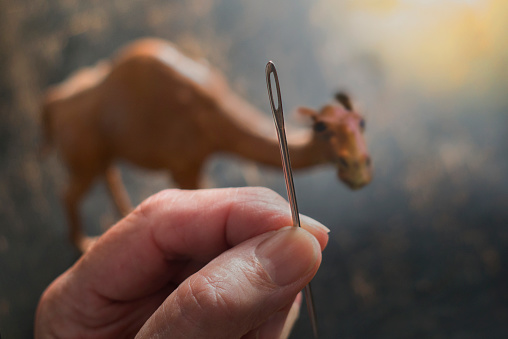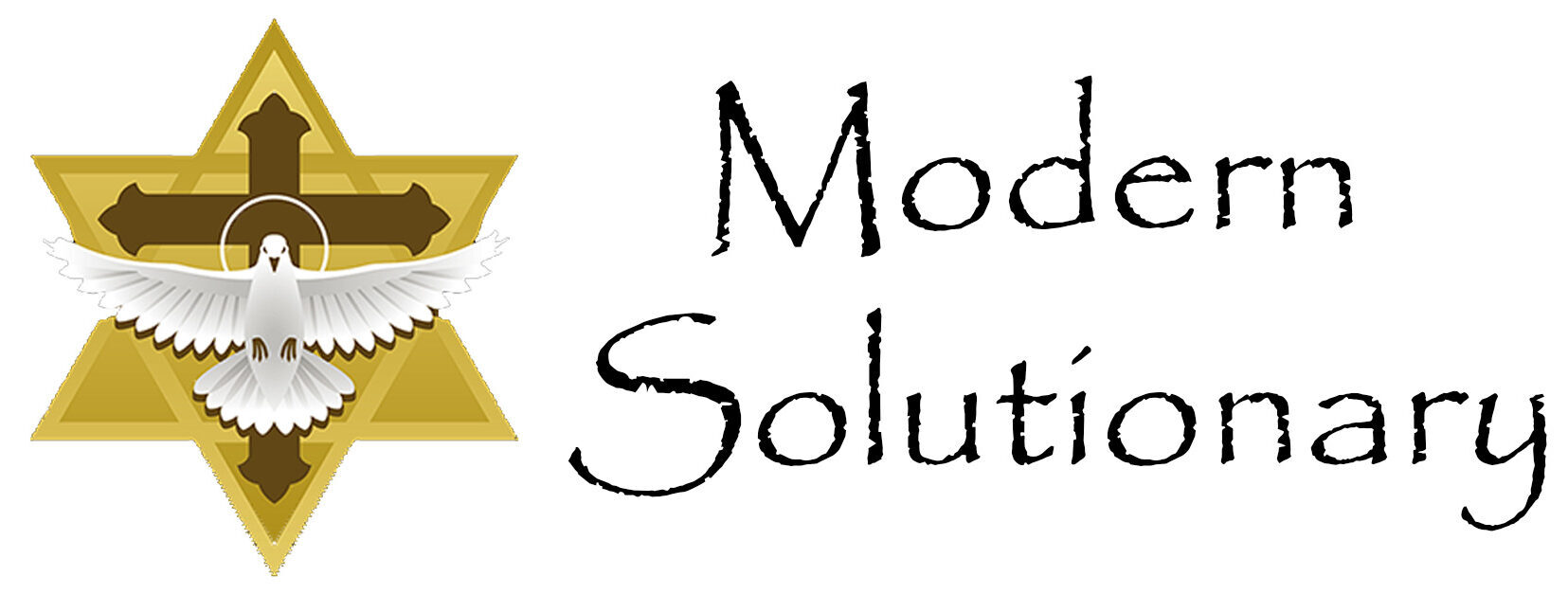
There are many forms of poverty in this world. Everyday people suffer countless horrors and endure tremendous hardships due to situations beyond their control, insignificant wages, insufficient healthcare, or any myriad of individual shortfalls. They do not ask for these hardships, nor do they have the personal ability or resources necessary to reverse their situation. For those who do not have the ability or the means to overcome these conditions, their existence can be a daily struggle in despair, depression, and futility. For those of us with a giving heart, observing the pain and suffering associated with the outcomes of unintentional poverty brings tears to our eyes because the solution is much bigger than one person can provide.
What about those, who choose to live in a state of Intentional Poverty; who are they and can they break out of their self-inflicted prison?
Many may think that the parables and teachings found in the Bible, speaking of the impoverished, were directed to the aid of those underprivileged people, and in some cases it was. However, Jesus also spoke numerous times directly to those people suffering from Intentional Poverty. It was of this group that he said, “How hard it is for the rich to enter the kingdom of God! Indeed, it is easier for a camel to go through the eye of a needle than for someone who is rich to enter the kingdom of God.” (Luke 18:24-25) I know, some of you may be thinking; “It doesn’t matter, that passage was written about 2000 years ago. That does not apply to me today…but could it? Consider the following.
One of our current generations is being referred to as the “Me Generation”. We live in a time where self-indulgence, self-rationalization, and immediate gratification run rampant. Our children should all be winners, no group should be omitted, and there is no right or wrong answers, it is only whatever you believe to be true that matters. If you want it, you should be allowed to have it. Amazingly, this perfectly defines that person living in Intentional Poverty and is the exact opposite of the age-old definition of poverty.
Whenever we lose or intentionally withhold our Humanity, Wealth, or Gifts we choose to exile our soul to live in a place of spiritual poverty. It is that selfish attitude that paves the path to the lonely self-imposed world of intentional poverty. Just as a person without any money is drawn into a position of despair when they cannot buy food to feed their family; so, it is for the rich or talented person who choose to ignore the less fortunate in an attempt to hide from that reality instead of doing something positive about it.
The truth is that we can only find Love, Peace, and Joy by using our resources to satisfy the needs of others, not ourselves. St. Francis of Assisi understood this better than most when he said; “It is in giving that we receive.” More recently, a popular quote of Mr. Zig Ziglar says; “You can have everything you want if you help enough people get what they want.” These men understood the Power of Three and the wisdom found there.
What is meant by our Humanity?
We are a very unique species in that we co-exist in three unique states which are each separate and yet combined: our physical state, mental state, and spiritual state. Through our humanity, we must live in three distinct personas: our personal, professional (or work), and spiritual lives. When an individual lives a well-balanced life, their three states of humanity enrich equally all three of their personas: resulting in living a life of complete unity.
When we intentionally stifle one or more of these states of humanity or the personas that they create, we deliberately impoverish three entities: our self, our community, and our God. This withholding has caused greater harm and has impoverished more people throughout the centuries, much more so than any war, famine, or natural disaster. One could say that when we deny one or more of our three humanities, we become less human by definition.
If this is my last post, I want all to know there was only one purpose for all that I have written; to have made a positive difference in the lives of others.
Anthony “Tony” Boquet, the author of “The Bloodline of Wisdom, The Awakening of a Modern Solutionary”
